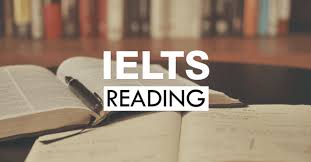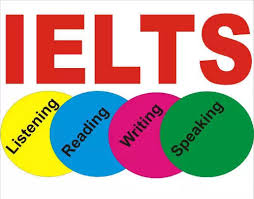Nine tips to crack the ielts reading module


Cracking the IELTS Reading section can be tricky, especially under the time pressure. Here are 9 solid tips to help you boost your score:
🔍 1. Master Skimming and Scanning
- Skimming: Quickly read to get the main idea.
- Scanning: Look for specific info like dates, names, or numbers.
- Don’t read every word—IELTS rewards strategy, not slow reading.
🧠 2. Understand the Question Types
- Practice all question types: True/False/Not Given, Matching Headings, Summary Completion, etc.
- Each type tests a different skill, so tailor your approach.
⏱️ 3. Practice Time Management
- You get 60 minutes for 40 questions.
- Aim to spend no more than 20 minutes per passage.
- Don’t get stuck—move on and come back later if needed.
🔄 4. Answer in Order, But Smartly
- Most questions follow the passage order (especially in factual types).
- Use this to track your location in the text.
🧾 5. Paraphrasing is Key
- IELTS loves rephrased answers.
- Improve your vocabulary to spot synonyms and paraphrased ideas.
❌ 6. Beware of “Not Given” Traps
- “Not Given” means the info isn’t there at all—not even hinted.
- Don’t assume based on your own knowledge.
✅ 7. Follow the Instructions Carefully
- Watch for word limits ("No more than two words").
- Writing “a big house” when the limit is one word = automatic wrong.
📚 8. Read Academic Content Often
- Get used to IELTS-style writing: articles from BBC, The Economist, National Geographic, etc.
- Helps build speed and understanding of complex sentence structures.
🧩 9. Practice with Real Tests
- Use Cambridge IELTS books or reliable online sources.
- Simulate real exam conditions (no distractions, timed).
Here's an example of how to tackle true false and yes no questions with confidence.
Comments
